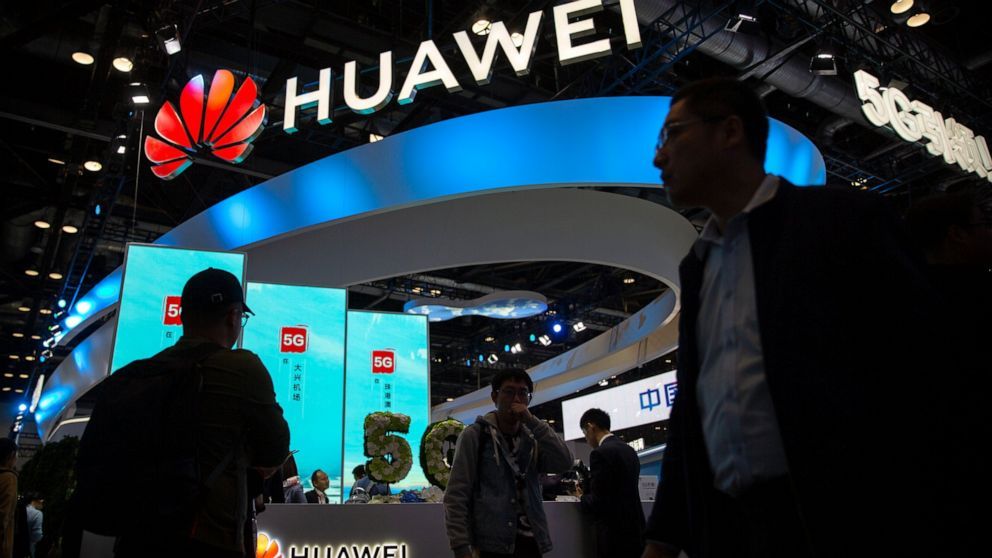US protests UK’s decision not to ban Huawei from its 5G networks

A few minutes every morning is all you need.
Stay up to date on the world's Headlines and Human Stories. It's fun, it's factual, it's fluff-free.
Fifth generation internet, also known as 5G, is set to redefine the ways we use technology in the coming years. As the race for 5G network capabilities heats up, technology companies are doing all they can to get ahead.
Huawei is a Chinese telecommunications company that harbors aspirations to export its 5G network across the globe.
Huawei has also come under severe scrutiny, especially from the US, for allegedly implementing “backdoor” security vulnerabilities into their networks. Ultimately, critics fear that Chinese corporations, or the Chinese government, could gain access to user data and other sensitive information if Huawei is left unchecked.
Although Huawei denies that there are any vulnerabilities in their networks or that they plan to send data to the Chinese government, the US has been steadfast in its critique of the Chinese firm.
US regulators are calling Huawei a national security threat, and in 2019 went so far as to impose a ban on US government agencies from buying Huawei products. In January of last year, the US Department of Justice charged Huawei’s chief executive officer, Meng Wanzhou, with stealing trade secrets.
The Trump Administration is urging its allies to take up similar measures. But in a blow to those efforts, both the United Kingdom (UK) and the European Union have recently decided to allow Huawei products on their networks, albeit with heavy restrictions.
Limited Access
On Wednesday, the UK announced that Huawei products, while allowed, would be heavily restricted. Specifically, the UK said that the Chinese firm will be blocked from “sensitive core” parts of their 5G networks.
In addition, the UK will also cap Huawei and other “high risk” suppliers’ involvement in non-sensitive national networks at 35%.
These moves come despite UK agencies designating Huawei as a high risk vendor. The UK’s National Cyber Security Centre has said that rather than banning the company outright, it is asking UK companies “to use Huawei in a limited way so we can collectively manage the risk.”
The US isn’t happy
In response, US Secretary of State Mike Pompeo urged the UK to “relook” at the decision.
“We were urging them (the UK) to make a decision that was different than the one they made and we’ll have a conversation about how to proceed," he added.
Others in the US government were more forceful in their rebuke. Senator Tom Cotton, a Republican from Arkansas, implied that the decision could impact the two countries’ security cooperation.
“The short-term savings aren’t worth the long-term costs. In light of this decision, the US Director of National Intelligence should conduct a thorough review of US-UK intelligence-sharing,” he tweeted.
[article_ad]




Comments ()